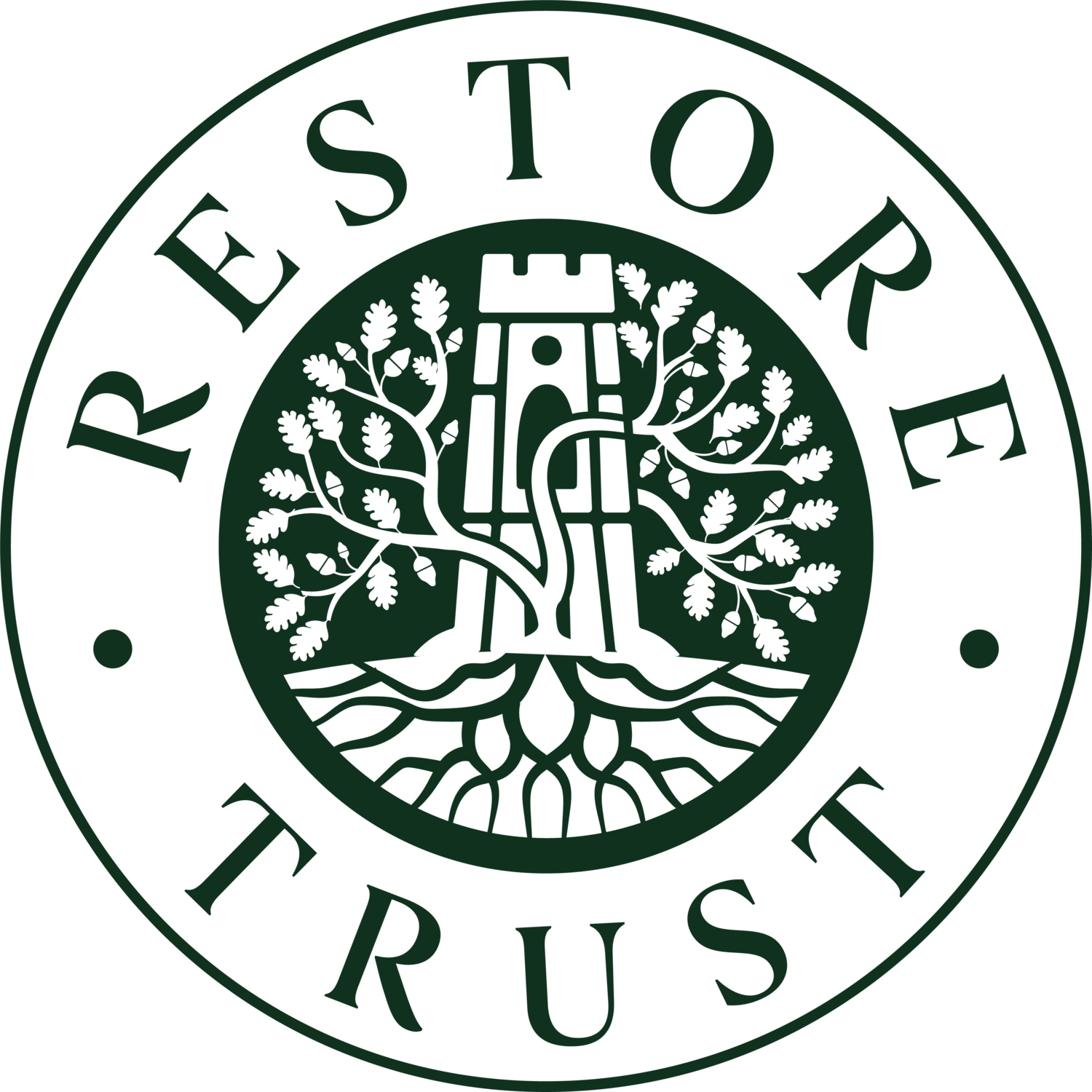The crowded ballot
Over the past twenty years the number of candidates for the National Trust’s Council on the ballot has ranged from around 20 to 40, but in 2024 the number exploded to 127, and in 2025 it has ballooned further to an almost unbelievable 200 candidates. This meant that only the most determined voters are taking the trouble to read those all-important candidate statements, while a large number of members are opting to avoid the choice by using the ‘Quick Vote’ single tick-box, thereby voting for all the Nominations Committee’s choices at once. If candidates can only communicate with the members through their candidate statement, and those statement are now so numerous that almost no-one will plough through them all, is it possible to claim that the election is still fair? A parallel from a recent election in Canada is illuminating.
The Perils of a Crowded Ballot: Are too many candidates bad for democracy?
Elections are about choices and we generally think that the greater the number of choices the more democratic the election. But what if having too many candidates on the ballot undermines an election?
This question has hit the headlines recently due to the actions of the Longest Ballot Committee, a campaign group in Canada. In recent elections, they have sought to flood the ballot with dozens of independent candidates. In last year’s federal election, they targeted the Carleton constituency, resulting in a ballot with 91 candidates. In the upcoming Battle River-Crowfoot by-election, they have surpassed themselves: 214 candidates have been successfully nominated. 199 of these candidates have been described as ‘essentially fake.’
The candidates put forward by the Longest Ballot Committee are not standing with any realistic expectation of winning, or even seeking to be serious rivals to the main candidates. Instead, their goal is to undermine the legitimacy of the election process to strike a blow against the electoral system used in Canada.
The campaign tactics have been called a ‘scam’, including by the Conservative leader who has twice been targeted with long ballots. Canada’s Chief Electoral Officer has backed a change in the rules, with ‘penalties’ proposed if the right to nominate a candidate is abused to flood the ballot. Genuinely independent candidates have also expressed their frustration, with their earnest campaigns for election being undermined by scores of unserious candidates carrying the same label.
The challenge of a long ballot, and what it means for democracy, is a familiar one to National Trust members. In recent years, there has been an enormous surge in candidates standing for the National Trust Council.
At the beginning of this century, just 13 candidates stood for nine positions on the Council. Whilst the succeeding decades saw more candidates putting themselves forward, it was very rare for there to be more than half a dozen candidates per vacancy. Under such circumstances, it was reasonable for members to read through all the statements from the candidates and make well-informed decisions about who they wanted to support.
That all changed in 2024, when the National Trust actively sought nominations for the Council with an email to the membership. There is no nominations threshold for getting on the ballot (candidates can merely self-nominate) which meant the number of candidates soared to a record-breaking 126. With just six positions available on the Council, there were 21 candidates per vacancy.
With so many candidates on the ballot, and it being burdensome for members to appraise each of the candidates, turnout in the Council election plummeted. The year earlier, in 2023, the total number of votes cast per Council vacancy was 153,641. But in 2024, just 69,001 votes were cast per vacancy - a dramatic fall of 55%. Has the massive increase in candidates been bad for democracy in the National Trust?
It has been suggested that there should be a nomination threshold for getting on the ballot. For example, if those seeking to stand for Council needed to be nominated by 25 fellow members, or 50 members as is the case when submitting a resolution to the AGM, the number of unserious candidates for the Council might fall. Members would then be able to engage seriously with the arguments made by those who have already been able to demonstrate some support from their fellow members.
One thing is clear: members of the National Trust cannot be asked to judge fairly between the candidates when they are presented with such a sheer mass of information to digest. Is it time to ask the candidates to demonstrate support from at least some members before they appear on the ballot?


